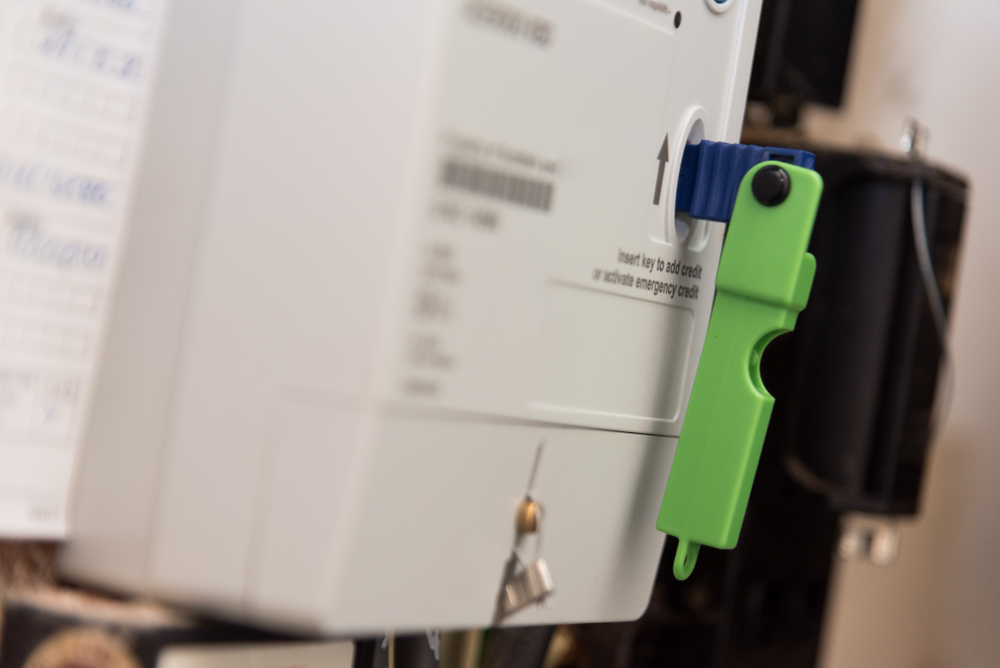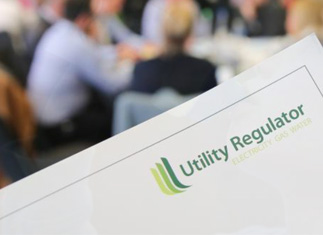NEA
Publications and Resources
Our latest publications are available here.
If you are looking for an older publication and are unable to locate it please contact us at website@nea.org.uk
Filter Events By

NEA NI response to the Consumer Council NI’s Draft Forward Work Programme 2023-2024 Consultation
21st Mar 2023
NEA welcome the opportunity to respond to the Consumer Council’s Draft Forward Work Programme (FWP) 2023–2024.

NEA response to Ofgem’s call for evidence on prepayment rules and protections
14th Mar 2023
NEA response to Ofgem’s Call for Evidence on Prepayment Rules and Protections

Making heat pumps work for fuel-poor households
27th Feb 2023
This document is intended to be used as a guide by local authorities, housing associations, manufacturers and installers, and other organisations involved in the delivery of heat pumps in fuel poor homes.

NEA NI response to the Department for the Economy’s Energy “One Stop Shop” Implementation Plan
31st Jan 2023
NEA NI welcome the opportunity to respond to the consultation on policy options for the Energy “One Stop Shop” Implementation Plan.

UK Fuel Poverty Monitor 2021-2022
17th Jan 2023
This year’s UK Fuel Poverty Monitor, covering the period 2021 to 2022, considers the causes of the energy crisis as well as how it has impacted fuel poor households and the organisations that work to support them.

NEA NI response to the NIE Networks RP7 Price Control Consultation
07th Nov 2022
NEA NI welcomes the opportunity to respond to the consultation on NIE Networks RP7 Price Control.

NEA response Ofwat statutory and non-statutory consultations on charging rules and tariff innovation
03rd Nov 2022
NEA welcomes the opportunity to respond to these two consultations on Ofwat’s charging rules and tariff innovation.

NEA response to Net Zero Review: Call for evidence
31st Oct 2022
We are supportive of the government’s net zero strategy and believe that this can be conducive of growth, as well as improving energy security and affordability for fuel poor households.

NEA’s response to open consultation on Ofwat’s draft methodology for PR24
07th Sep 2022
NEA welcomes the opportunity to respond to the consultation on Ofwat’s draft methodology for PR24

NEA NI response to the Utility Regulator’s SSE Airtricity Gas Supply (NI) Ltd 2023-2027 Price Control
31st Aug 2022
As a regulated company, SSE Airtricity ultimately serves to provide an essential service to consumers in Northern Ireland. The interests of consumers must be at the heart of the Final Determination.

NEA NI response to the Utility Regulator’s Firmus Energy Supply Draft Price Control Determination 2023-2026
29th Jul 2022
As a regulated company, firmus ultimately serves to provide an essential service to consumers in Northern Ireland. The interests of consumers must be at the heart of the final determination.

NEA response to Ofgem consultation on strengthening retail financial resilience and statutory consultation on strengthening Direct Debit rules
20th Jul 2022
NEA argues that the proposed rules on financial resilience should only be implemented if they do not lead to an increase in the level of the price cap.


